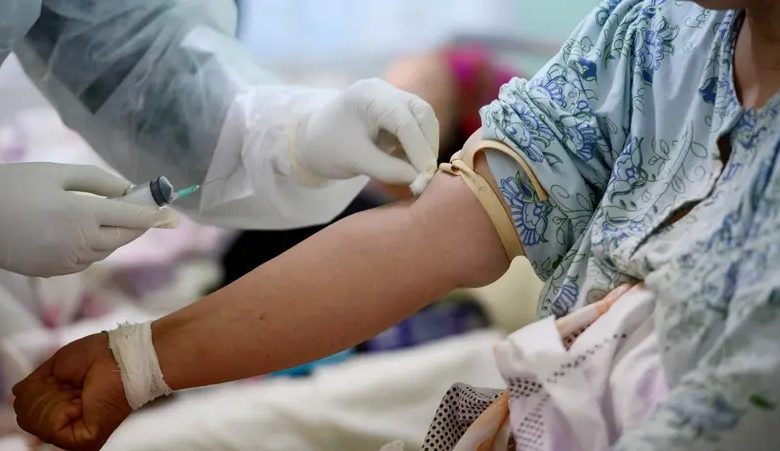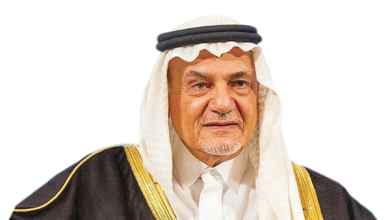Medical Tourism to Falter Economy in Tunisia

Agencies – Sudan Events
At a fertility clinic in Tunis, Bintou Yunoussa hopes doctors can finally help her conceive — one of more than two million foreigners who travel to Tunisia annually for medical procedures.
While Tunisians face economic hardships and their government is mired in debt, medical tourism has thrived and authorities are looking to expand the profitable sector even further.
Yunoussa, from Niger, said a relative had recommended the private clinic in the Tunisian capital after three years of unsuccessful treatments.
“My sister-in-law had twins after an insemination carried out in Tunisia,” the 25-year-old said. “That’s why I chose to come here.”
She was accompanied by her sister Khadija, 32, who had her eggs frozen five months ago in the same clinic, which specializes in medically assisted reproduction.
Nadia Fenina, a health ministry official, said Tunisia’s highly specialized private clinics and skilled staff make it a leading medical tourism destination.
“Tunisia is number one in Africa in terms of healthcare demand and supply,” Fenina said.
Medical tourism has bounced back from a coronavirus-era halt, and the sector generates around 3.5 billion dinars ($1.1 billion) in annual revenues — about half of Tunisia’s overall tourism income last year.
“Medical tourism is linked to the general tourism sector, because a foreign patient is also a tourist who generally does not come alone,” said Fenina.
“The promotion of medical tourism depends on the development of the tourism sector” as a whole, she added.
Accounting for nine percent of Tunisia’s gross domestic product, tourism is crucial for the debt-stricken country where the economy has slowed down, with a World Bank estimate putting growth for 2023 at a modest 1.2 percent.
They included more than 500,000 foreign patients hospitalized in Tunisia and about two million others who had received same-day care.



